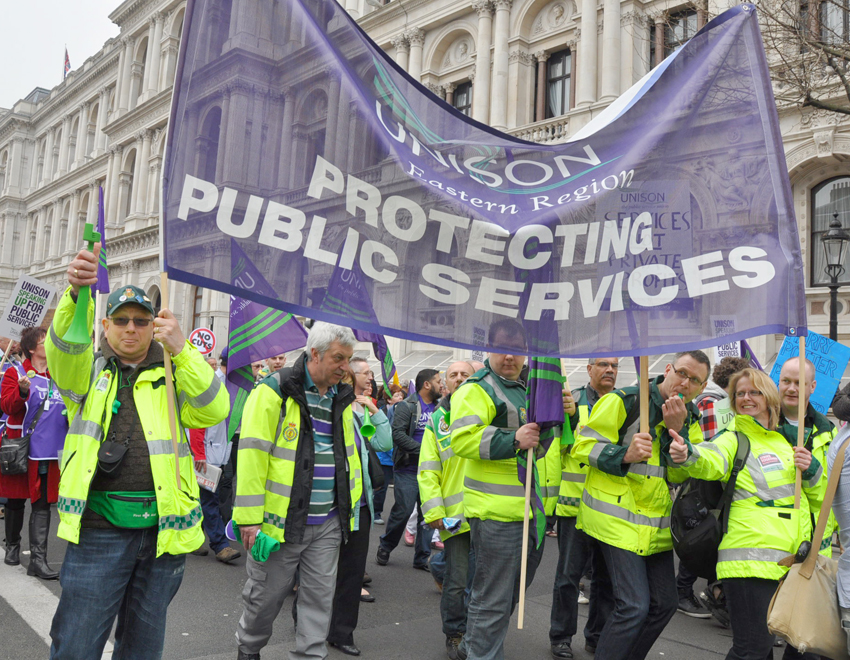AMBULANCE staff are at breaking point, with the union Unison raising the alarm yesterday that services are facing unprecedented 999 call volumes and unsustainable pressure.
The union has written to ambulance service chiefs calling for urgent support, and their letter to Daren Mochrie, chair of the Association of Ambulance Chief Executives (AACE), says employers must act now to limit the impact on the wellbeing and morale of staff, especially those working in control rooms.
Unison writes: ‘Missed meal breaks, late finishes, queuing outside hospitals and increasing levels of sickness absence have become widespread.’
The letter continues: ‘This is all having a terrible impact on morale, as well on the health and wellbeing of ambulance staff.
‘Ambulance staff have been at the forefront of the Covid response, working under levels of pressure never seen before.’
Major issues that are being reported to Unison by staff across the country include:
- An ambulance service employee having to attend jobs for an extra five hours and travel over 100 miles after their shift officially ended;
- Timewasting 999 calls from the public including requests for crews to attend a property where someone couldn’t reach their TV remote control and another where the person was too hot because they couldn’t turn their heating off;
- Staff at ambulance stations crying at the end of their shifts because of stress, low morale and lack of breaks. Some are spending hours queuing in A&E department corridors waiting to hand over patients on stretchers to hospital staff;
- Significant delays in responding to patients because of the overwhelming number of emergency calls. One service had 400 calls outstanding and had worried people ringing back asking when an ambulance would arrive;
- Emergency call handlers starting shifts with ambulances needed at over 100 incidents. In some cases, there’s been a 24-hour wait for ambulances to arrive;
- Ambulance services regularly reaching the highest possible alert level (REAP 4) because they’re under such extreme pressure.
Unison is urging employers to ensure employees get their legal entitlement of rest periods, minimise missed meal breaks and shift overruns, and check staff are not working excessive hours because of overtime or extra shifts.
The letter to the AACE also says better decision-making is needed so patients are placed in the correct order of priority to avoid unnecessary callouts.
Last month, the NHS announced an extra £55m would be invested in ambulance trusts in England to recruit additional 999 call handlers, ambulance crews, and clinicians to work in control rooms.
However, the union says in the letter that the current level of demand was ‘foreseeable’, and the government must provide more support to address ‘the long-term capacity issues in the ambulance service.’
Unison deputy head of health Helga Pile said: ‘Ambulance workers have faced exceptional pressures over the past 17 months.
‘It’s not surprising many have reached burnout. They cannot be left to just carry on doing excessive hours without proper breaks and rest between shifts.
‘Employers must act swiftly by doing all they can to limit the unprecedented pressures on staff. Additional welfare support is needed, and the government should make this a top priority.’
